Geneva, MINA – Responding to France’s ban on the headscarf for athletes at next year’s Olympic Games, a spokesperson for the UN High Commissioner for Human Rights (OHCHR) on Tuesday said that no one has the right to determine what women should wear.
“In general, the Human Rights Office says no one should impose on a woman what she can or cannot wear,” Marta Hurtado said at a UN press conference in Geneva. This is quoted from Anadolu Agency.
Under the Committee on the Elimination of Discrimination Against Women, France “has an obligation to take all appropriate measures to change any social or cultural patterns that are based on ideas of inferiority or superiority or are sexist,” Hurtado said.
He warned that discriminatory practices against a group could have “adverse consequences.”
Also Read: UN Security Council Adopts US-backed Resolution to Deploy International Force in Gaza
“That is why according to international human rights standards, restrictions on expression, religion, belief, and choice are only acceptable in very specific circumstances that address legitimate concerns regarding public safety, public order, public health or morals in a necessary and proportionate manner, he said.
On Sunday, the French Sports Minister announced that French athletes would not be allowed to wear the hijab at the 2024 Olympics in Paris.
Appearing on France 3 TV on Sunday, Amelie Oudea-Castera expressed her support for “strict secularism” and said no member of the French delegation would be allowed to wear the hijab.
The 2024 Summer Olympics will be held from July 26 to August 11 in the French capital.
Also Read: Former Bangladesh PM Sheikh Hasina Sentenced to Death
A group of footballers, known as “Les Hijabeuses” submitted an appeal to the Council of State to challenge the French Football Federation’s decision to ban head coverings in 2016.
In June, the State Council rejected the appeal and upheld the ban.
The controversy comes after France re-imposed much-debated restrictions on Islamic dress, banning the use of abayas, loose and long robes worn by some Muslim students, in schools. (T/RE1/P2)
Mi’raj News Agency (MINA)






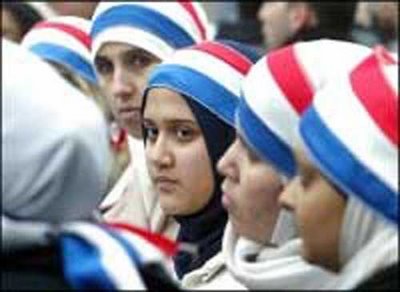


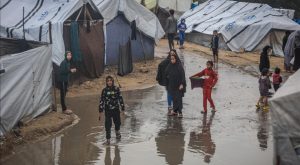
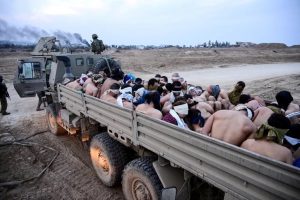
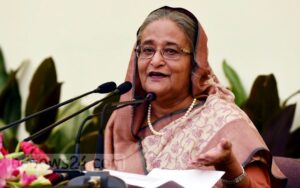



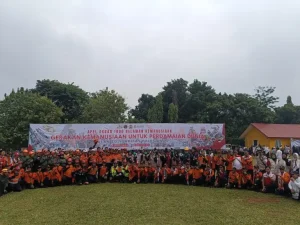
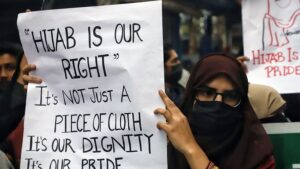

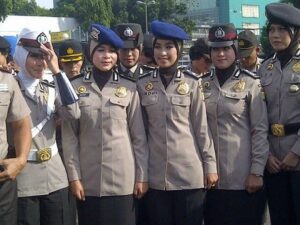
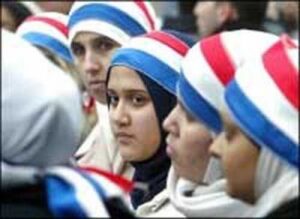
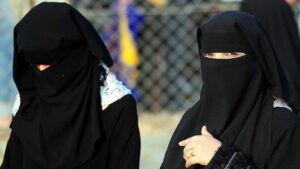












 Mina Indonesia
Mina Indonesia Mina Arabic
Mina Arabic